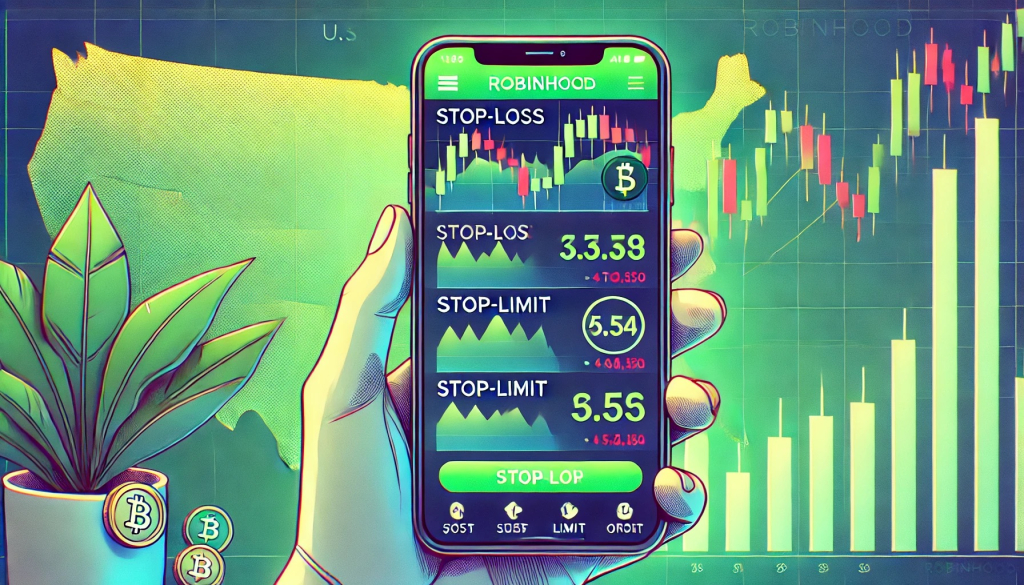Venture capitalist Alex Rampell of Andreessen Horowitz (a16z) has warned that major U.S. banks are making it harder and more expensive for consumers to use fintech and cryptocurrency apps, calling it “Operation Chokepoint 3.0.” In a recent a16z fintech newsletter, Rampell accused traditional banks of imposing high fees to access customer account data or transfer funds to platforms like Coinbase and Robinhood, effectively stifling competition.
Rampell compared the current situation to the Biden-era “Operation Chokepoint 2.0,” where crypto firms faced debanking pressures from regulators like the FDIC. Although these directives were rolled back under the Trump administration, Rampell argues that banks are now implementing their own version by controlling data access and inflating costs.
JPMorgan Chase was singled out as an example, allegedly charging fintech firms for access to customer banking data. Under Section 1033 of the Dodd-Frank Act, consumers have the right to access their financial data, yet banks control how it’s delivered electronically and often charge fees, even for basic routing or account numbers.
Rampell warned that higher transfer costs, such as $10 fees on $100 transfers to crypto accounts, could deter users and harm innovation. Gemini co-founder Tyler Winklevoss echoed this, claiming such fees could “bankrupt” fintech companies. JPMorgan defended the charges, citing nearly two billion monthly third-party data requests and the need to prevent misuse.
Rampell urged the Trump administration to intervene, arguing consumers can’t simply “vote with their wallets” as most banks may adopt similar practices. He called the approach “callous and manipulative,” urging action to protect competition and consumer choice in the U.S. financial sector.
This escalating tension highlights the ongoing battle between traditional banking institutions and emerging crypto-fintech ecosystems.
























Comment 0